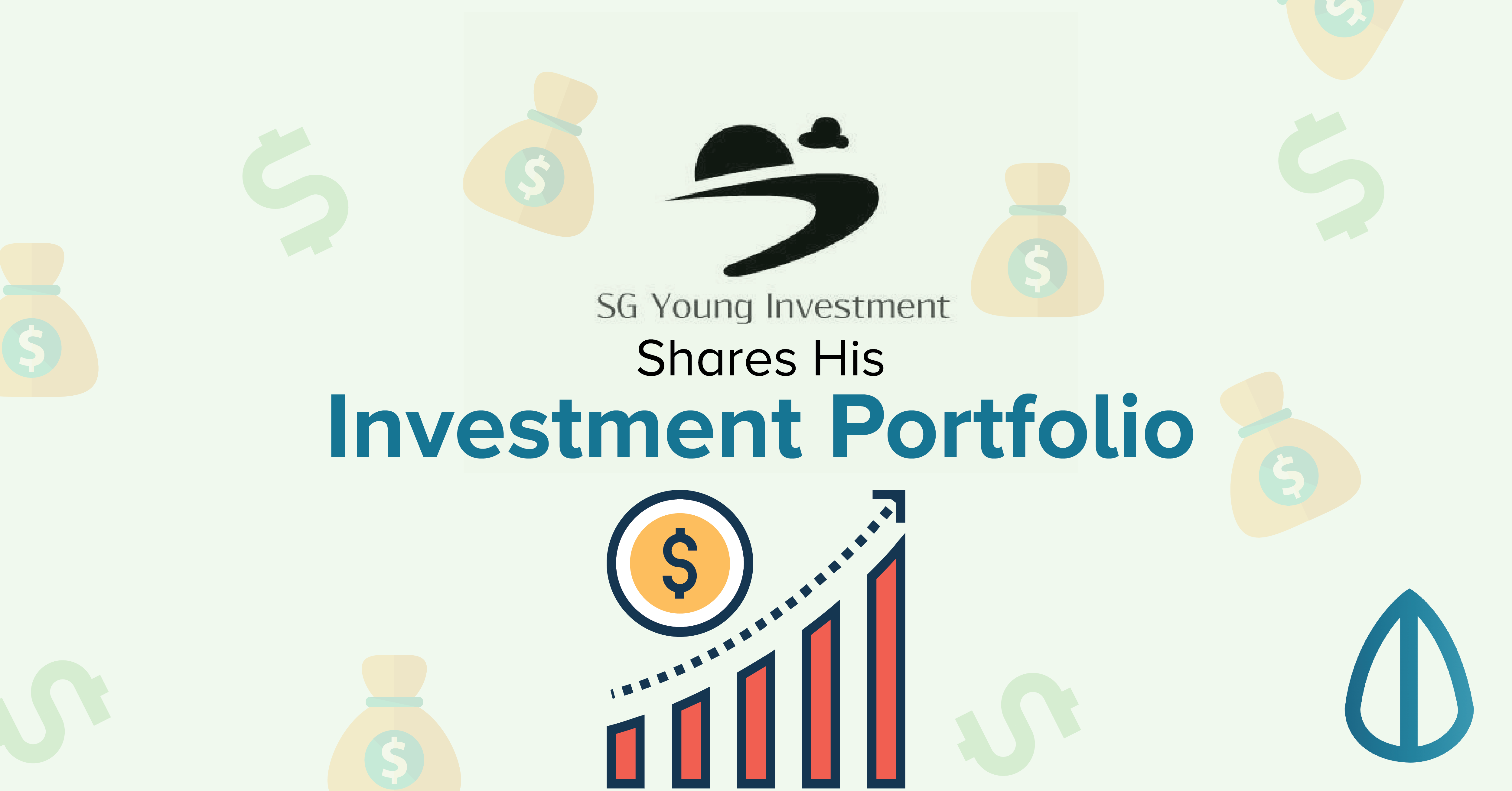Hi Anon, the Dimensional Fund Advisor fund house believes in evidence based reasearch of Eugene Fama and Ken French and their 3-factor and later modified 5-factor model which determines what factors drives excess return in equities.
These are the size, value, and proftiability factors/dimensions. Which says that small cap companies tend to beat large cap companies, 'cheaper' companies beat 'expensive' companies based on a Price to Book Metric, and profitable companies beat less profitable ones.
So their funds or portfolios, tilt their exposures to companies that are smaller, value, and more profitable than what you will usually see in a pure market cap index approach that just has the biggest companies taking up huge portions of an index.
However, one reason to explain why these dimensions exist is purely from the simple high risk high return understanding of investing.
Smaller value companies are inherently more risky than bigger growth companies. And you taking on this additional risk would tend to be rewarded with higher return.
Over most 20-year rolling periods, we see these dimensions outperforming 70-80% of the time. But note, the last 10 or so years hasn't been too kind to these dimensions as the the size and value premium hasn't really showed up. They're still making money but not as much as large cap growth especially with the biggest companies like Amazon, Apple, Alphabet, and Microsoft dominating the stock market returns which usually will be the top 5 to 10 constituents of most broad based global or US equity index.
But if also believe in mean reversion which states that things will go back to 'normal' in the long term, the size and value premium is set to make a big comeback and make up for this lost time.
So that's pretty much about DFA.
Now how can you invest in DFA funds. Traditionally, DFA funds have only been a via adviser only access. And advisors that wish to distribute DFA have to to attend their in house training. So not every advisor can distribute them.
In Singapore we have the two digital options in MoneyOwl and EndowUs. But human IFAs like myself are also DFA qualified distributors of DFA funds. MoneyOwl is a tad bit more expensive than EndowUs but it's really quite negligible. My fees are also negotiable and I have tiers and reduced rates for clients who are also holding an insurance portfolio with me as well.
So working with any 3 option is fine. The advantage with a human advisor is that you can customize your portfolio how you want and even choose certain funds offered by DFA but aren't listed in MoneyOwl and EndowUs' semi customized (based on risk profile) portfolios.









Hi Anon, the Dimensional Fund Advisor fund house believes in evidence based reasearch of Eugene Fama and Ken French and their 3-factor and later modified 5-factor model which determines what factors drives excess return in equities.
These are the size, value, and proftiability factors/dimensions. Which says that small cap companies tend to beat large cap companies, 'cheaper' companies beat 'expensive' companies based on a Price to Book Metric, and profitable companies beat less profitable ones.
So their funds or portfolios, tilt their exposures to companies that are smaller, value, and more profitable than what you will usually see in a pure market cap index approach that just has the biggest companies taking up huge portions of an index.
However, one reason to explain why these dimensions exist is purely from the simple high risk high return understanding of investing.
Smaller value companies are inherently more risky than bigger growth companies. And you taking on this additional risk would tend to be rewarded with higher return.
Over most 20-year rolling periods, we see these dimensions outperforming 70-80% of the time. But note, the last 10 or so years hasn't been too kind to these dimensions as the the size and value premium hasn't really showed up. They're still making money but not as much as large cap growth especially with the biggest companies like Amazon, Apple, Alphabet, and Microsoft dominating the stock market returns which usually will be the top 5 to 10 constituents of most broad based global or US equity index.
But if also believe in mean reversion which states that things will go back to 'normal' in the long term, the size and value premium is set to make a big comeback and make up for this lost time.
So that's pretty much about DFA.
Now how can you invest in DFA funds. Traditionally, DFA funds have only been a via adviser only access. And advisors that wish to distribute DFA have to to attend their in house training. So not every advisor can distribute them.
In Singapore we have the two digital options in MoneyOwl and EndowUs. But human IFAs like myself are also DFA qualified distributors of DFA funds. MoneyOwl is a tad bit more expensive than EndowUs but it's really quite negligible. My fees are also negotiable and I have tiers and reduced rates for clients who are also holding an insurance portfolio with me as well.
So working with any 3 option is fine. The advantage with a human advisor is that you can customize your portfolio how you want and even choose certain funds offered by DFA but aren't listed in MoneyOwl and EndowUs' semi customized (based on risk profile) portfolios.